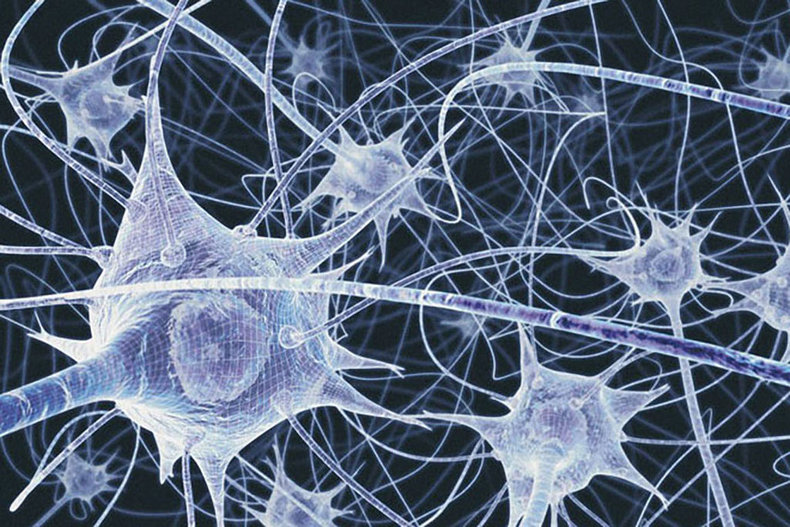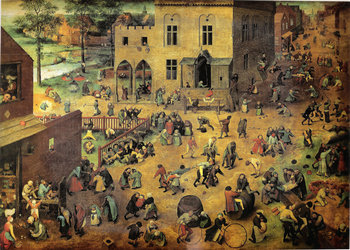
Aristotle & Euclid
Sum of parts originates with Aristotle's Metaphysics which states "the whole is something besides the parts." Similarly Euclid’s Elements states "the whole is greater than the part." These indicate for example, that humans are very much more than the elements such as carbon, hydrogen and oxygen of which we are composed.Sorites Paradox
Sorites paradox is a well known paradoxical question introduced by Eubulides.There is a heap of sand with 1,000,000 grains of sand.
If you remove one grain, the heap remains.
How many times can you remove a single grain before the heap is no longer a heap?
This may be viewed as a challenge to the idea of sum of parts as it demonstrates that the concept of "the whole" is ambiguous.
If you remove one grain, the heap remains.
How many times can you remove a single grain before the heap is no longer a heap?
Ship of Theseus
Ship of Theseus is a thought experiment that originated with an ancient Greek legend first recorded by Plutarch and has since been restated in countless ways.If you replace the wood in a ship one piece at a time over the years until the ship has none of its original wood, is the ship still the same ship?
Perhaps this thought experiment supports the idea of sum of parts because the whole can remain itself even when the parts change. However, it depends on how you look at it. You could also feel that the whole is completely illusionary and that the parts are what make a ship.Materialism
Materialism is the belief that everything is physical such that intangible things such as the human experience have a physical basis. Historically, materialists viewed all things as deterministic machines that could be fully modeled and predicted by examining their parts. This view was largely discredited by 20th century science in areas such as quantum mechanics, chaos theory and non-deterministic systems theory. According to standard modern physics, different models are used to describe small things and large things. For example, predicting the behavior of atoms is generally not useful in predicting a large system such as a galaxy.Intangible Things
Humans live in a world of intangible things that have no physical form such as ideas, emotion, knowledge, data, stories, music, art, culture, spirituality, ethics, imagination, identity and experience. The physical composition of our bodies is arguably of little use in explaining these things. For example, you can't tell a great musician from a mediocre musician from any physical characteristics.Interchangeable Parts
Interchangeable parts is the practice of making machines with parts that have identical specifications. For example, the tires on a bicycle that can be replaced with any tires of the same size. Although this seems obvious now, the idea of interchangeable parts was one of the brilliant ideas that sparked the industrial revolution as it allowed for assembly lines and mass production. This was so successful that 20th century education systems and firms tried to turn people into interchangeable parts with techniques such as standardized curriculum, standardized testing and specifications of job roles. This hasn't worked very well as talent defies specification. For example, a truly talented software developer can produce more value in a day than 20 or more mediocre software developers but the latter may be more patient with cramming for standardized tests to prove they are good developers.Holism
Holism is an approach to design and problem solving that looks at things as a whole. For example, an athlete who adapts their entire lifestyle and mental processes to training.Analysis
Analysis is the process of breaking things into their component parts to design things and solve problems. This is the opposite of holism and is a far more common approach. Analysis is extremely useful for solving problems such as an aircraft mechanic who examines a variety of parts to look for signs of wear & tear. In other cases, analysis can be missing the point. For example, a firm that wants to make its operations more efficient so it collects thousands of requirements from stakeholders for an operations system without truly confirming that these map to the overall goals of the project.Systems Theory
Sum of parts is the foundational idea behind systems theory and systems thinking -- that you need a different way of thinking to understand systems because they can't be fully understood by analysis of parts. For example, an organization that uses chaos theory to recognize that their next best idea might come from any direction as opposed to a small group of executives.Intangible Value
Intangible things such as a story or design can have value. An increasing large portion of the economic output of developed nations is completely intangible in nature. This tends to make organizations worth far more than the sum of their parts. For example, innovative organizations are typically valued at a far higher price than their book value that represents the value of their physical assets. This is due to things like brands, corporate culture, creativity, innovation, talent and relational capital that defy analysis.Social Groups
Sum of parts can be seen in social groups, teams and collaborations between people. For example, a band of musicians who have a long history of making highly regarded music who each have failed to produce valuable music as soloists or in side projects. In this case, it might be argued that the band is greater than the sum of its members.| Overview: Sum of Parts | ||
Type | ||
Definition | The theory that a system is more or different from the collective attributes of its parts. | |
Related Concepts | ||

































